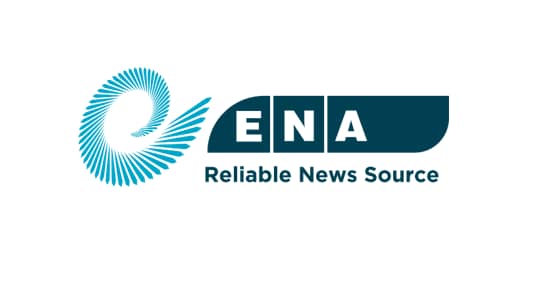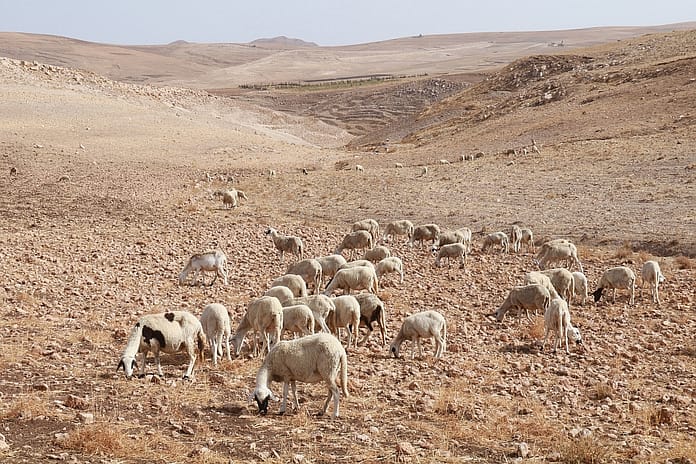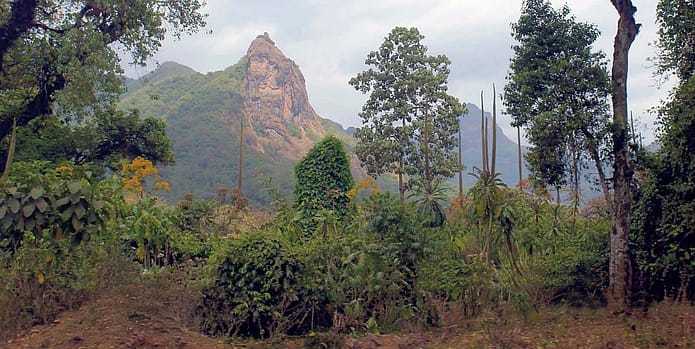Bale farmers turn to science help improve land management
By Desalegne Tadesse
Africa’s largest alpine plateau, in the Bale Mountains of Ethiopia, has its own unique ecosystem. It includes the country’s second highest peak (4,377 meters) and is home to the Ethiopian wolf and the mountain Nyala, both of which are only found in the region.
For local people this natural splendor is both a boon and a bane. The region is known for its wheat, but cultivation is at subsistence levels, dependent on seasonal rain which is becoming increasingly unreliable as the climate changes. But there is also great potential here. The land is fertile and the weather temperate. Tourism is beginning to take off. But without investment to protect and develop the region’s water resources, it will be difficult to improve local livelihoods.
Through the EU-funded Supporting Horn of Africa Resilience Bale Eco-Region (SHARE-BER) project, IWMI and partners are seeking to build community resilience through sustainable use of natural resources. In order to do this evidence needs to be gathered on trends in variability of water resources, soil erosion, and weather conditions, in order to inform field interventions. The will include participatory rangeland management, climate smart agriculture, and soil and water conservation. IWMI in collaboration with the Water and Land Resource Center (WLRC) are installing hydrological monitoring devices and weather stations in three watersheds to provide farmers with weather and flow data. It is hoped that this can help to achieve more efficient use of water to increase farm yields and water-productivity.
Challenges and Opportunities
“Not enough data is collected about local weather conditions in Ethiopia, including the Bale Eco-region,” said IWMI’s Daniel van Rooijen, one of the project scientists. “Although communities are highly dependent on rainfed agriculture, very few know how much rainfall they receive or how much water is available in their streams and rivers. Knowing this might allow them to better adapt changing climate variability to cropping cycles and deciding what crops to plant.”
The need for better measurement is particularly pertinent at the current time. Since February 2015, Ethiopia has been hit by extreme weather caused by a strong El Niño effect in the Pacific Ocean. Seasonal rains have been disrupted and left more than 10 million people in need of emergency food assistance, including the lowland zones of Bale.
Even without these unusual climatic conditions, the water resources that underpin the livelihoods and food security of nearly 900,000 local people are increasingly vulnerable. The project has installed concrete flow and depth measuring gauges (called cross sections) across the river bed, but there is so little water that they cannot at present be used. International donors and the government have been mobilizing resources to mitigate problems caused by the drought. However, there is still a lack of conservation strategies. The SHARE-BER project partners believe that through conservation of the ecosystem services, provided by forests and water courses, people can reduce their vulnerability to future drought.
Reflections from the field
We talked to local stakeholders and partners about the SHER-BER project:
- What is the significance of SHARE-BER project for the local community?
According to Birhanu Nigatu, project coordinator in Angetu, the presence of SHARE Bale Eco-Region is very important because it introduces, among other things, scientific watershed management approaches, recording and dissemination of information on weather conditions and water circulation in this region. Gonfa Kewesa, lecturer & researcher in Mada Walabu University and a key collaborator in SHARE, agrees. “Bio-diversity conservation underpins community food security. Conserving the valuable resources of the region can support sustainable livelihoods, including for irrigation, livestock, drinking and domestic use.”
- What is the role of IWMI in the project?
“IWMI collaborates with WLRC in providing training both for local experts and community members on range land management, integrated watershed management and participatory land use planning. Moreover, IWMI will play a big role in conducting watershed sediment yield analysis and sharing information about weather conditions in the district.” Birhanu Nigatu, SHARE-BER project coordinator, Angetu-Bale.
- How do the water flow and weather stations help farmers?
“The devices help us to better understand weather trends conditions and rainfall patterns. For instance, we can prepare our land, plant and also harvest more productively, guided by information from the measuring devices.” Farmer Sultan Malunda in Angetu district
SHARE-BER is funded by the European Union and led by Farm Africa together with IWMI, SOS Sahel, Population Health and Environment Ethiopia Consortium and Frankfurt Zoological Society. The purpose of the project is to improve the conservation of biodiversity, ecosystem functions and the well-being of highland and lowland communities in Bale Eco-region. IWMI leads the research component of the project, supporting nine MSc students from a number of universities involved in Water Sector/Natural Resources Management partnership to develop their research capacities and to contribute to livelihoods and bio-diversity conservation.








